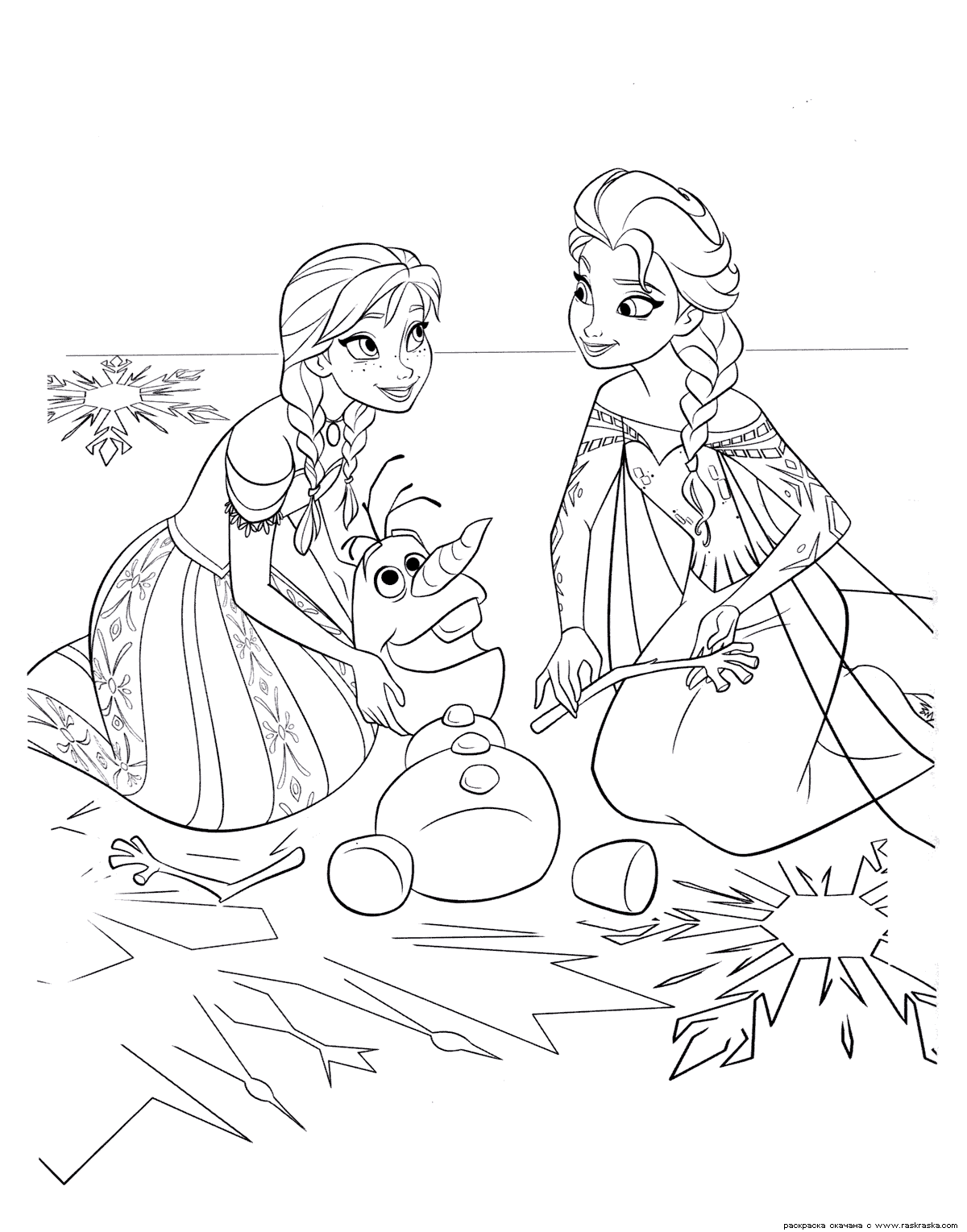

#Scooby doo characters series
Tony Cervone, co-creator of the 2010 animated series that aired on Cartoon Network, went so far as to post a picture of Velma in front of a pride flag backdrop on Instagram in 2020. Gunn blames the studio, Warner Bros., for the watered-down final cut that hit the big screen. Writer James Gunn confirmed he wrote Velma as explicitly gay in his original script for the 2002 live-action film, reportedly even filming a kiss scene between her and Daphne Blake. Those involved in previous iterations of the franchise have hinted at Velma's sexuality for years. Yihwa praised Disney's "The Owl House" for overcoming this tendency with its portrayal of canon queer relationships.

"When it's only struggle … that we're written for, it's kind of disheartening to see in the media," Yihwa said. Yihwa, a senior studying biochemistry who requested to remain partially anonymous to protect her privacy, has her own bone to pick with queer animation, specifically what she refers to as "queer struggle," or one-off queer characters existing solely to represent the struggles of all queer life. After release, the film garnered a Rotten Tomatoes audience score of 44%. Matthew Lillard, who played Shaggy in the 2002 live-action film, reprised his role in this version as a voice actor. Despite little advertising, fans had reason to be excited prior to the film's release about Velma's character and the return of a classic voice. This is the 45th film of the "Scooby-Doo" franchise. Though many have suspected over the years due to the queer coding, the beloved "Scooby-Doo" character was finally confirmed a member of the LGBTQ+ community. Velma Dinkley was confirmed in a clip from the trailer for "Trick or Treat Scooby-Doo!," released Oct. The LGBTQ+ community and animation lovers everywhere have cause to celebrate a move forward. Writers, he said, "are pushing the envelope" with the increasing boldness with which queerness is expressed in fictional characters. "Especially nowadays, I don't really see coding put in a bad light," said Joshua Valenzuela, a fellow Rainbow Coalition officer, and senior studying politics and the economy. The general consensus is this: Even with how far we have moved toward acceptance and representation in media, there is still a long way to go. Even so, most agree on the need for continual improvement.
#Scooby doo characters full
Just as the LGBTQ+ community is full of diversity, so are its perspectives. "You're giving yourself kind of a door out in case it ever becomes controversial, which it shouldn't be in the first place." As an officer of the Rainbow Coalition, they have ample experience viewing queer coding in media. "I think it's pretty cowardly," said Ohia Aster, a sophomore studying information technology. Queerbaiting is widely considered by the LGBTQ+ community to be the unethical and financially driven sibling of benign queer coding. This is not to be confused with queerbaiting, the practice of purposely teasing queer romances or characters, without ever confirming to audiences. Queer coding, or the practice of suggesting a character is queer without explicitly stating it, is one method creators have used to cut through the red tape. Creators do their best to work within the constraints of a highly commercial entertainment industry, where decisions are made based on projected financial gain.


 0 kommentar(er)
0 kommentar(er)
